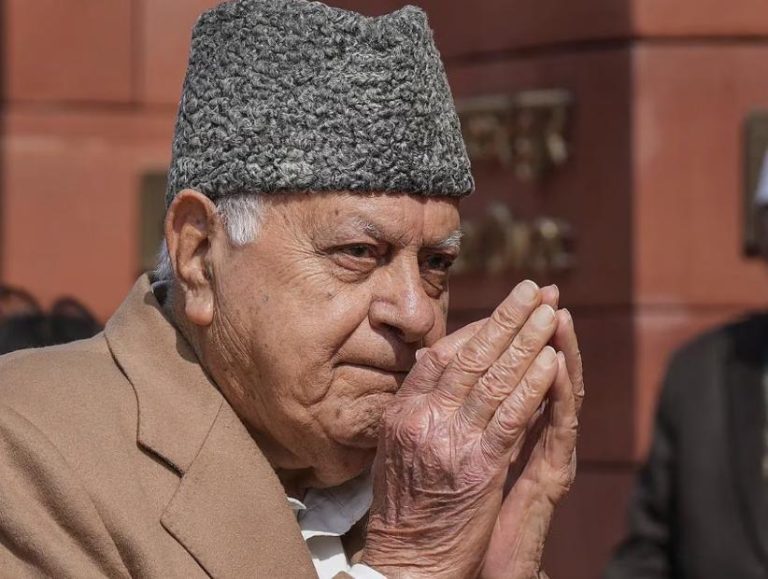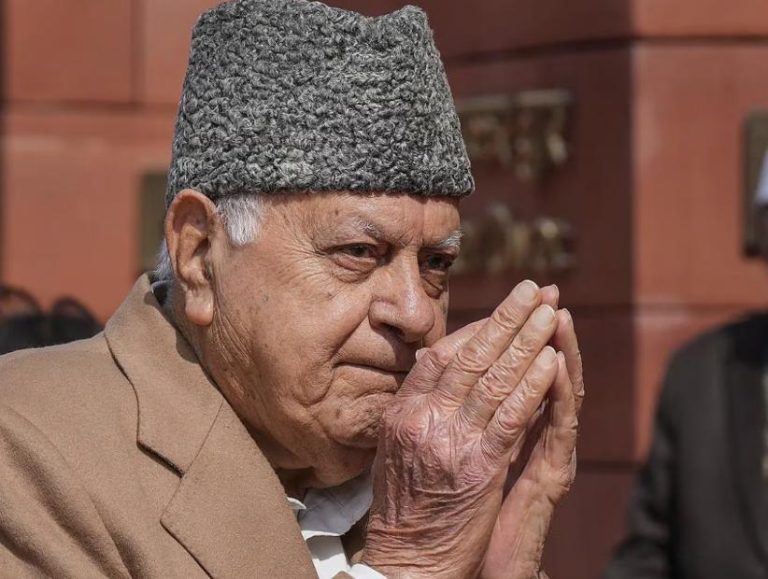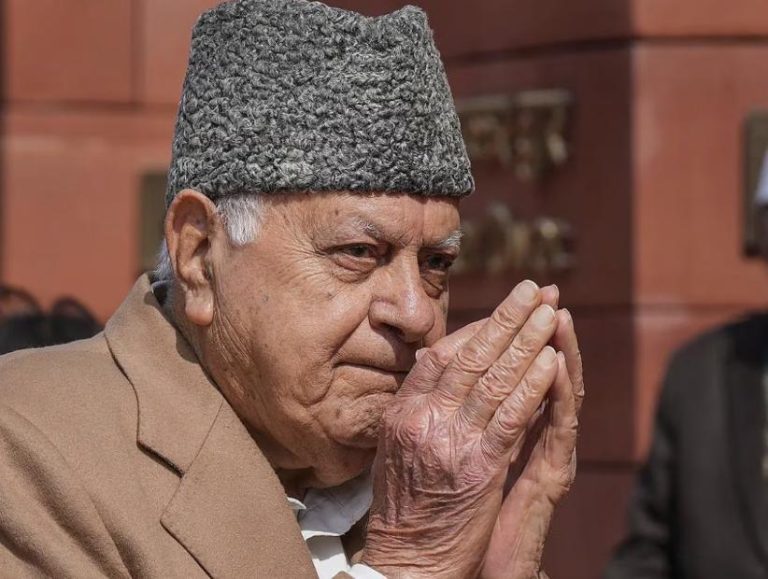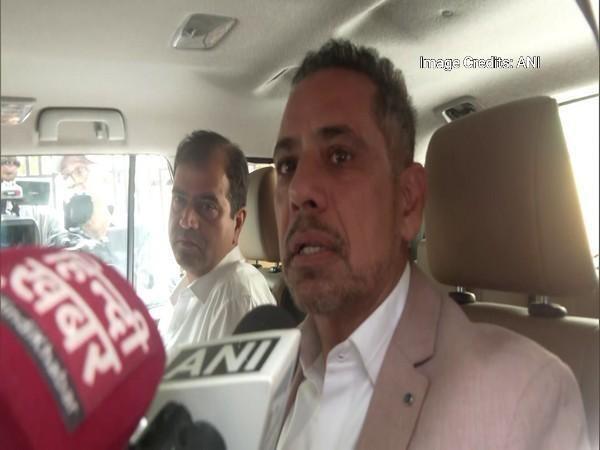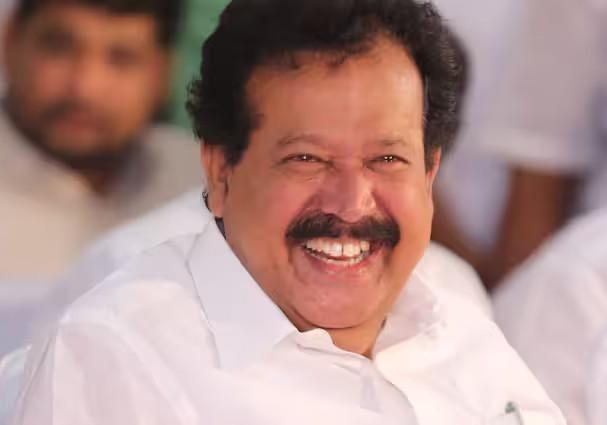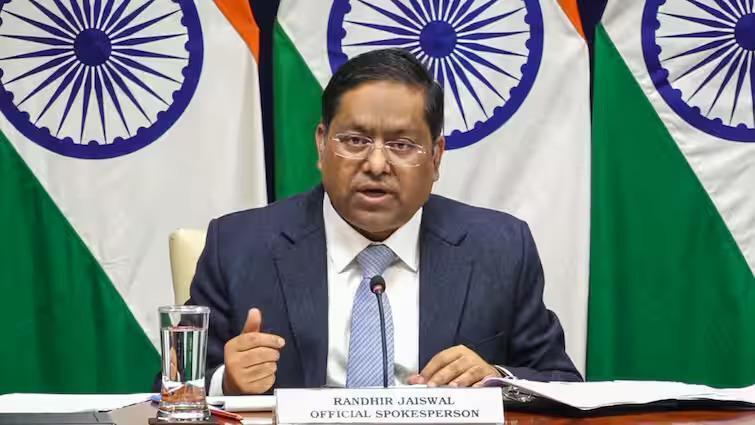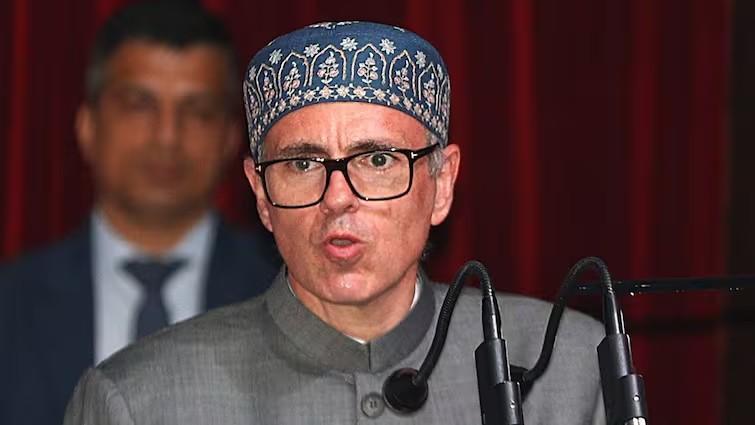
Normalcy in J&K post Art 370 abrogation is forced, not organic: CM
The abrogation of Article 370 in August 2019 marked a significant turning point in the history of Jammu and Kashmir. The move, which downgraded the special status of the state to a union territory, was met with widespread protests and unrest in the region. However, over the past year, the Centre has been touting the return of normalcy in the region, claiming that the situation has returned to a sense of stability.
However, Jammu and Kashmir Chief Minister Omar Abdullah has poured cold water on these claims, saying that the normalcy in the region is “forced” rather than organic. Speaking to the media recently, Abdullah said, “If what is happening in J&K is organic, then nothing like it. If it is driven out of fear, then there’s a problem.”
Abdullah’s comments are significant, as they suggest that the normalcy in the region is not driven by a genuine sense of peace and stability, but rather by a fear of the consequences of speaking out against the government. This fear is palpable, with many residents of the region reporting that they are living in a state of constant unease, with the presence of security forces and the threat of arrest and detention hanging over their heads.
The Chief Minister’s comments are also remarkable for the fact that they come from someone who was once a key player in the Kashmiri political scene. Abdullah has been a vocal critic of the Centre’s moves in the region, and his comments are a indication of the deep-seated unease and dissatisfaction that exists among many Kashmiris.
Abdullah’s comments are also a reflection of the deep-seated political and social divisions that exist in the region. The abrogation of Article 370 was a highly controversial move, and many Kashmiris saw it as an attack on their autonomy and identity. The move was also seen as a betrayal by the Centre, which had previously committed to protecting the special status of the state.
The situation in J&K is further complicated by the fact that the region has been under a severe lockdown since the abrogation of Article 370. This lockdown has been enforced by the Centre, and has seen a significant curtailment of basic freedoms, including the right to free speech and assembly. The lockdown has also had a devastating impact on the local economy, with many businesses forced to shut down and thousands of people losing their jobs.
Abdullah’s comments are also a reflection of the deep-seated mistrust that exists between the Centre and the people of J&K. The Centre has been accused of using heavy-handed tactics to quell dissent and maintain control, including the detention of thousands of people, including political leaders and activists. This has led to a sense of resentment and anger among many Kashmiris, who feel that their voices are not being heard and that their rights are being trampled upon.
The situation in J&K is also a reflection of the broader political and social tensions that exist in India. The abrogation of Article 370 was a highly divisive move, and has been seen as a majoritarian move that seeks to impose the will of the Centre on the region. This has led to a sense of unease and uncertainty among many Indians, who are concerned about the implications of the move for the country’s democracy and the rights of its citizens.
In conclusion, Omar Abdullah’s comments are a stark reminder of the forced normalcy that exists in J&K post the abrogation of Article 370. While the Centre may claim that the situation has returned to a sense of stability, the reality is that many Kashmiris are living in a state of constant fear and uncertainty, with their basic freedoms being curtailed and their voices being silenced. It is essential that the Centre takes steps to address these concerns and restore a sense of normalcy to the region that is organic and not forced.
